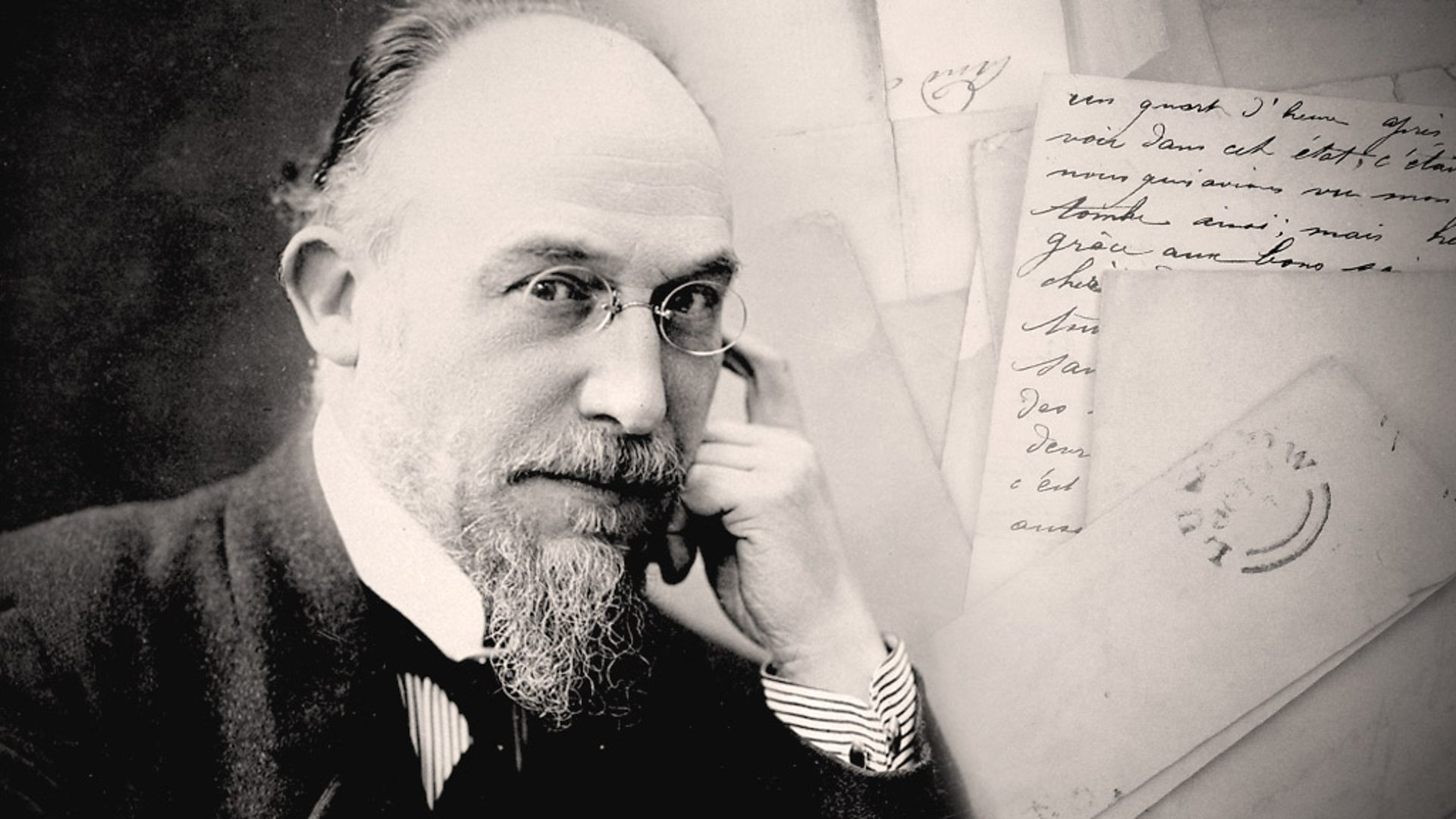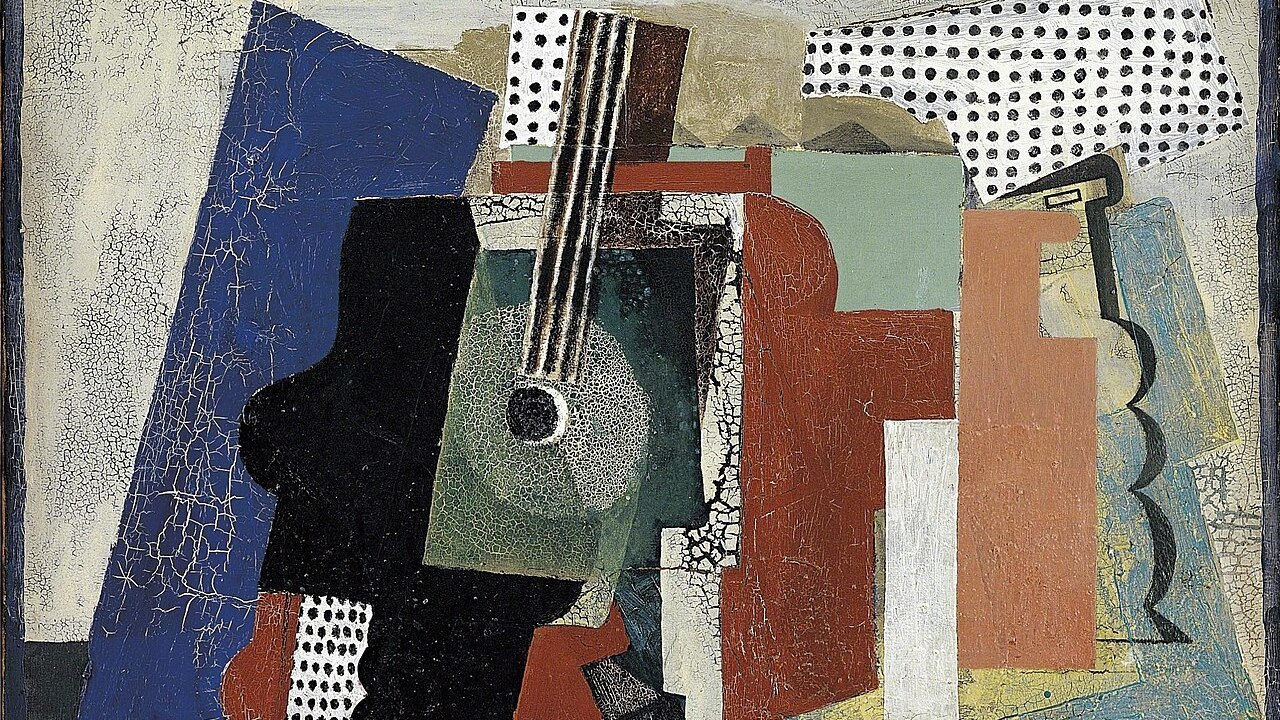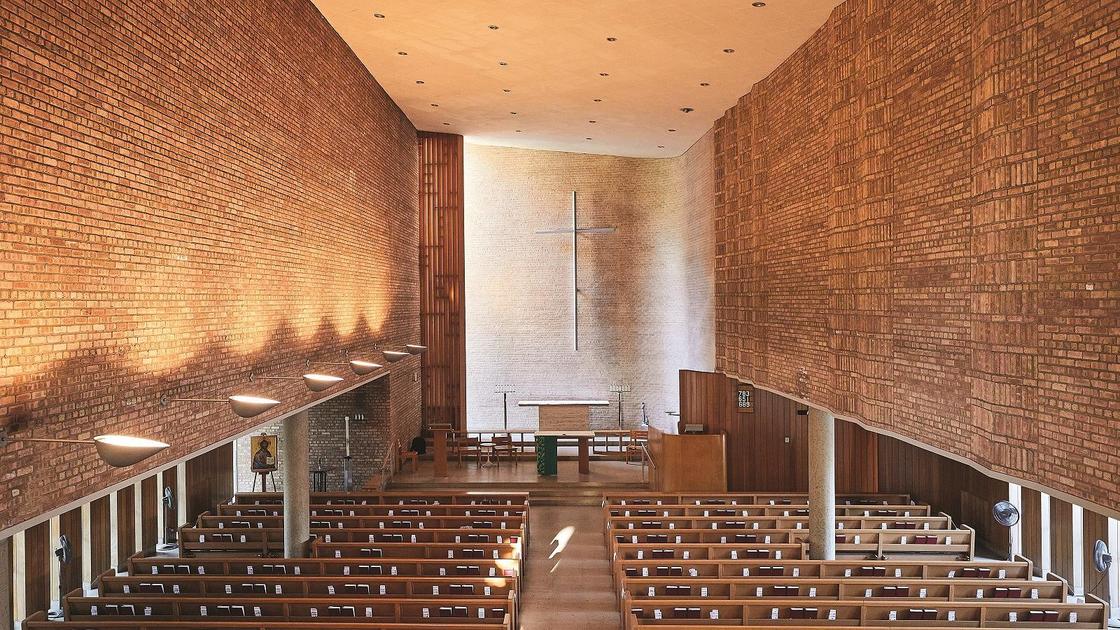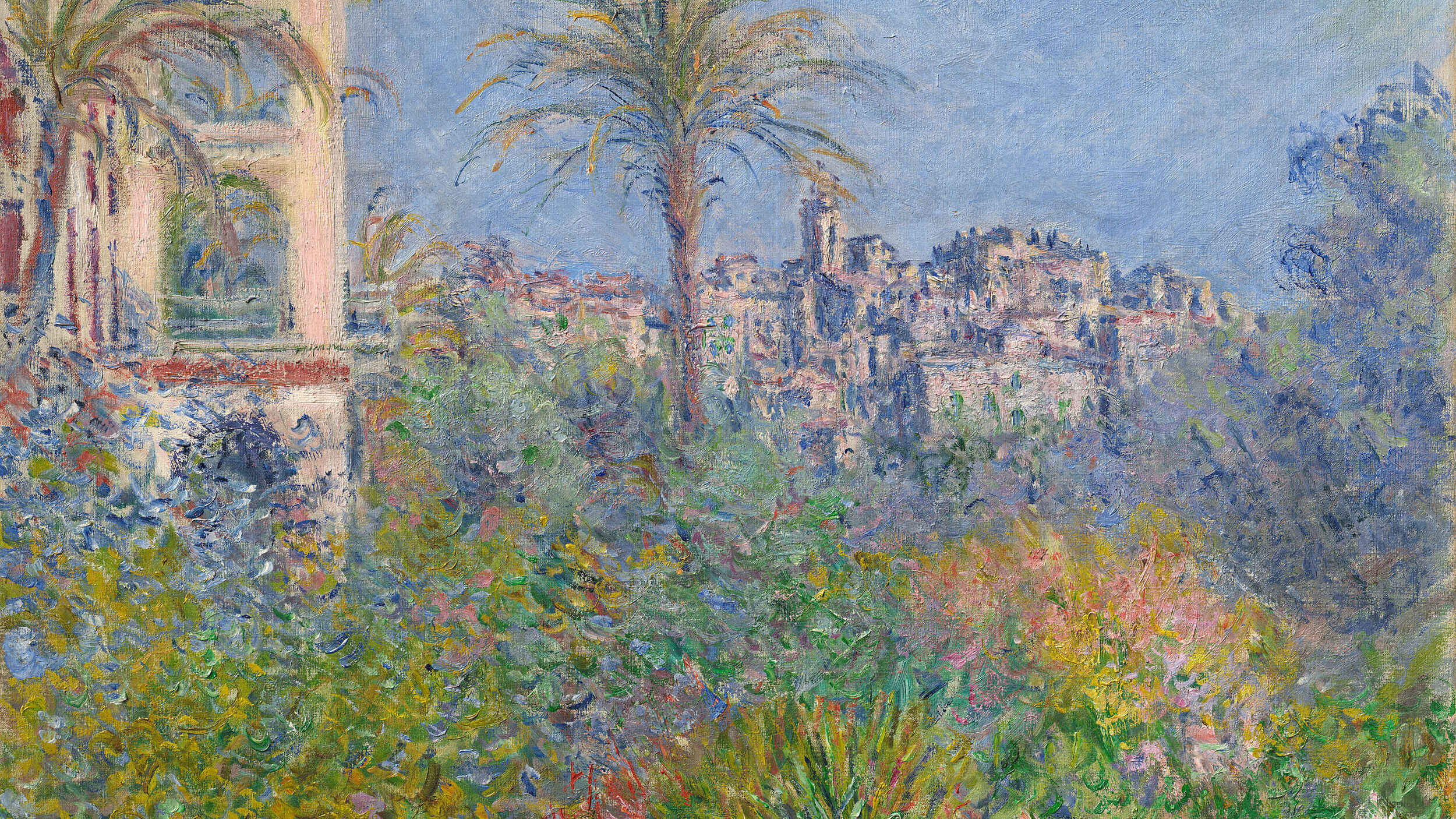John Cage’s “In a Landscape”: An Homage to Satie
4’33” remains the most famous work of the American composer and theorist, John Cage (1912-1992). The experimental piece, composed in 1952 for any combination of instruments, requires performers to sit onstage and not play their instruments. The ambient sounds of the room take over and form the freest kind of chance music. Our ears become attuned to an ever-present sonic counterpoint. Total silence is a fallacy. One of Cage’s greatest influences was …







